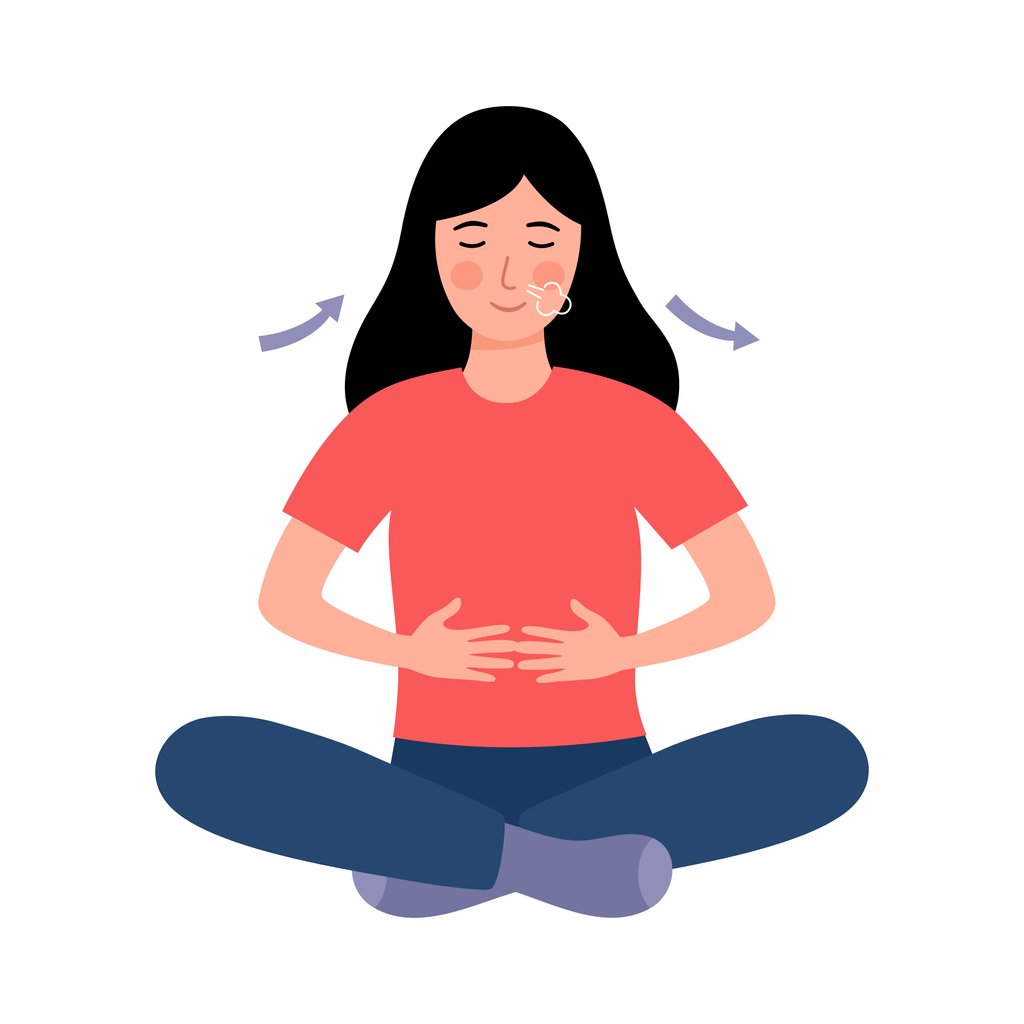Resources
Anxiety – Cultivating a Practice of Self-Kindness

It’s about that time of year – the Halloween costumes are back in the closet, the pumpkins on the front porch are now squirrel food, and the “holiday season” has begun. Even if the end-of-the-year rush is enjoyable for some, that must.get.everything.done.now anxious feeling can permeate everything and lead down a path to utter exhaustion coupled with a tight back, sore neck, and tense shoulders.
Anxiety.
While for many it does seem to ramp up in the last months of the year, anxiety is not just a seasonal malady – it is a real issue that warrants real treatment year-round. Finding a few practices that cultivate self-kindness and supplement professional treatment can help release some of the pressure that anxiety builds up in the body, as well as augment a good treatment plan.
It’s important to find a few approaches that aren’t, in themselves, overwhelming. Simple options may feel unimpressive, but the cumulative effects of small habits bring great rewards
Where to start?
Discovering where anxiety shows up in your body is a great first step. This differs from one person to another and requires a few minutes of stillness. Sit down, or even lay down and take a few breaths. Pay attention to what areas of the body struggle to relax on an exhale. Do your shoulders raise towards your ears? Is your jaw clenched? How about your forehead, neck, or belly? Once you can find where anxiety is held in the body, finding ways to counterbalance becomes easier.

Cultivate a breathing practice.
This is the basic advice most practitioners give. It usually comes in the form of a “do more yoga” directive that can be overwhelming when classes and time aren’t readily available.
One reason breathwork helps with anxiety is that, along with increased tension in the body, anxiety often presents with shortened breathing patterns. Every breath is inhibited when the body holds extra tension in areas that need to expand during an inhale. This can leave one feeling breathless and increase the heart rate as well.
Try this simple breathing exercise:
Lay on your back, with your knees bent and feet flat on the floor.
Rest a small pillow, a yoga block, or your hand on your stomach.
Focus on taking long inhales and pushing the pillow to the ceiling. Then, take long, slow exhales that pull the pillow towards the floor.
Slowly expand, slowly contract, slowly expand, slowly contract.
As that becomes familiar, focus on using the exhale to relax the area that tends to hold tension.
(Click here to read another post about breathwork.)
Increase water intake
Dehydration can be another factor in feeling tense and can exacerbate anxiety. It’s easy during a busy day, to forget to drink water. The normal recommendation of drinking 64 ounces of water each day may feel like a hurdle too high to jump. That’s understandable. Start with just 1 and build from there.
Try this: When ordering drinks or food, request a cup of water as well.
Tennis/lacrosse ball release
Using a ball to release tension in the hands, feet, back, chest, and hips can have a very calming effect and also temporarily expand your range of motion. If your chest feels tight and deep breaths feel inhibited, use the ball on your upper back and chest. You’ll want to find places just above, beneath, or outside of where your tension is held. Additionally, avoid using a ball directly on the spine or a painful (not just tense) area.
Try this:
While seated, place the ball near points of tension on the upper back or under one hip, just to the outside of the sitz bone.
Next, lean back into the ball and breathe while allowing the muscles to relax around it.
Try keeping the ball in one place for 1-2 minutes before moving it to the other side.
A few other ideas:
Sea-Bands. If you tend to hold tension in your abdomen, sea bands may help. These bands are worn around the wrist for sea sickness and motion sickness and can be found at most drugstores. They mimic pressure point therapy similar to what is used in acupuncture to help dissipate abdominal tension.
CBD Salve or Arnica. If you tend to hold tension in your jaw, low back, or shoulders, a gentle topical pain reliever applied once or twice daily can help dissipate the tension held in that area. Aim for salves that do not have “cooling” or “heating” ingredients as this can disrupt sleep and irritate skin when used frequently. Here is a list of some of the best-rated topical CBD products of 2023 (not affiliated).
DIY weighted blanket. A few years ago, weighted blankets were in the news frequently as a remedy to help support sleep in times of high anxiety. While purchasing a weighted blanket may be extremely helpful, folding a thick blanket and laying it across the lower legs and feet while falling asleep can have a similar, calming effect.
At Well Balanced Center for Integrated Care, we provide professional support with a holistic lens. Contact us today to see how we can support your healing, movement, and growth!

Disclaimer alert: The views expressed within this article are opinions and are not meant to replace, contradict or be substitution for the advice or guidance of licensed medical or mental health professionals.